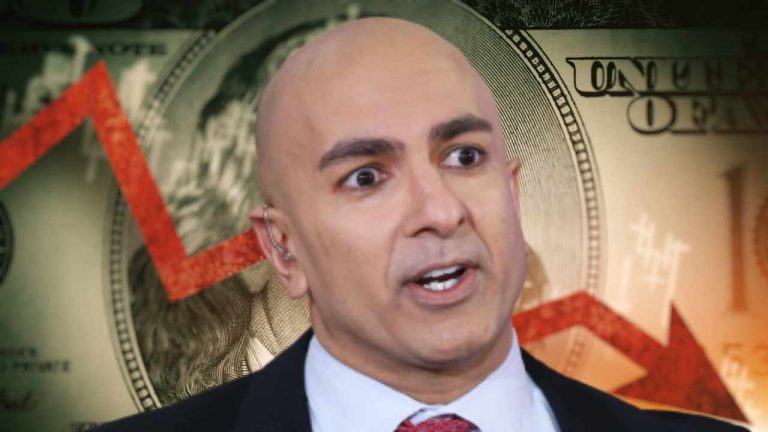The political atmosphere in El Salvador is just getting worse as the day gets closer when the nation will start adopting Bitcoin as legal tender. Nayib Bukele is now preparing for the day that the Bitcoin Law begins to be mandatory, but protests against the new law are becoming more and more common.
On September 7, 2021, the waiting period for the Bitcoin Law to become mandatory will be over. Based on the text of this law, all economic agents need to accept bitcoin and dollars as a means of payment.
Bukele insists that the measure aims to benefit the people and save the nation nearly $400 million in remittance commissions, enhancing instant and more secure financial transactions. However, some of the Salvadorans are not convinced and do not agree with their president.
Mass Protest Against Bitcoin
In the past several days, annoyance and fear of the forthcoming application of this Law have affected the mood of Salvadorans, and demonstrations have already started to happen in the streets against the crypto.
Reports by Euronews and Reuters over the weekend mentioned that hundreds of protesters took to the streets over the weekend to raise their voices against the Law. Among the organizing groups were veterans, workers, and pensioners.
Instability and volatility are the integral points of concern. A member of the Supreme Court of Justice’s workers’ union, Stanley Quinteros, told Reuters that the compulsory adoption of bitcoin might damage Salvadoran finances since there is no way of controlling or stabilizing prices.
“We know this coin fluctuates drastically. Its value changes from one second to another and we will have no control over it.”
Most of the protestors explained that nobody wants bitcoin, and they are against the fact that its use might facilitate corruption in a nation known for its authoritarian and non-transparent policies.
![]()
Other Efforts To Oppose Bitcoin
Barely a week ago, the Salvadoran Association of International Cargo Carriers (ASTIC) also came out with massive protests, where they demanded the modification of Article 7 of the Bitcoin Law that underlines the compulsory acceptance of Bitcoin. In their official statement shared by Telesur, the Association mentioned:
“No Central American carrier contracted by an economic entity in El Salvador will accept bitcoin as a form of payment, creating divisionism in the sector for paying the foreigner in dollars and the national for being obliged with the cryptocurrency.”
They said that in case they do not get any response to their requests, they will start to charge an extra 20% fee to those who pay using bitcoin to protect themselves from the volatility that dominates the crypto market.
Also in July, several activists, unions, and students groups gathered in front of the Congress, insisting on the derogation of the Bitcoin Law. They said that this law was introduced and approved without any meaningful consultations and might eventually harm the interest of the people.
The group handed in a written statement arguing that BTC’s decentralization could do more harm than good. In the end, bitcoin might facilitate public corruption and operations of arms, drugs, and human traffickers, tax evaders, and extortionists. It would also result in monetary chaos, affect people’s salaries, savings, and pensions, while simultaneously ruin many MSMEs, affect the peasant families, and hit the middle strata hard.
But all these protests do not seem to be enough for Nayib Bukele, who appears to be sure that his decision is the best for his people, and thinks that his adversaries will suffer a double loss after bitcoin starts to be used as legal tender.

 2 years ago
191
2 years ago
191 

